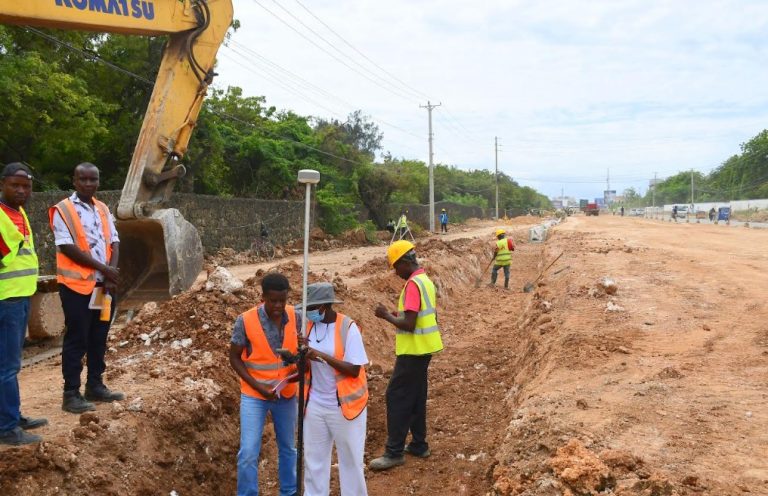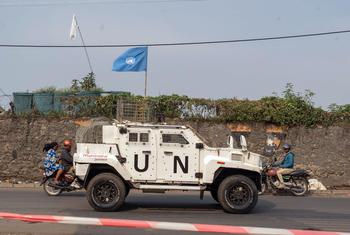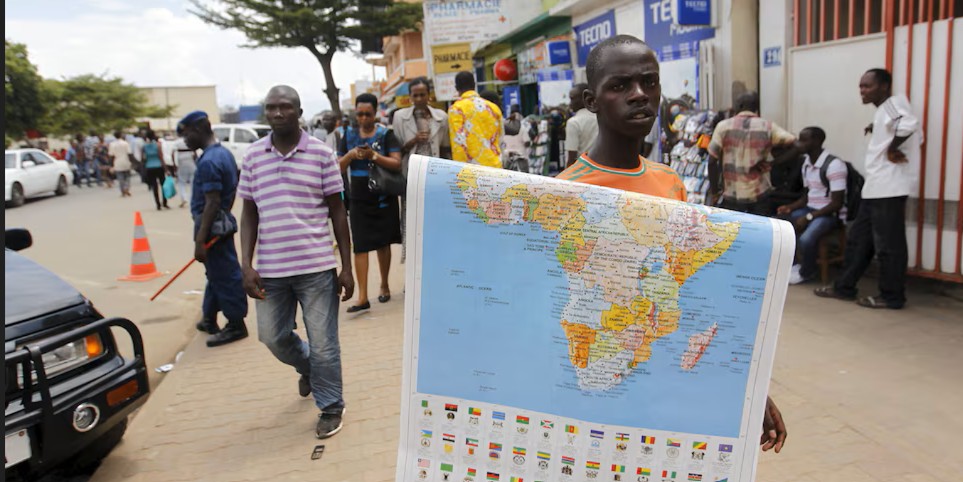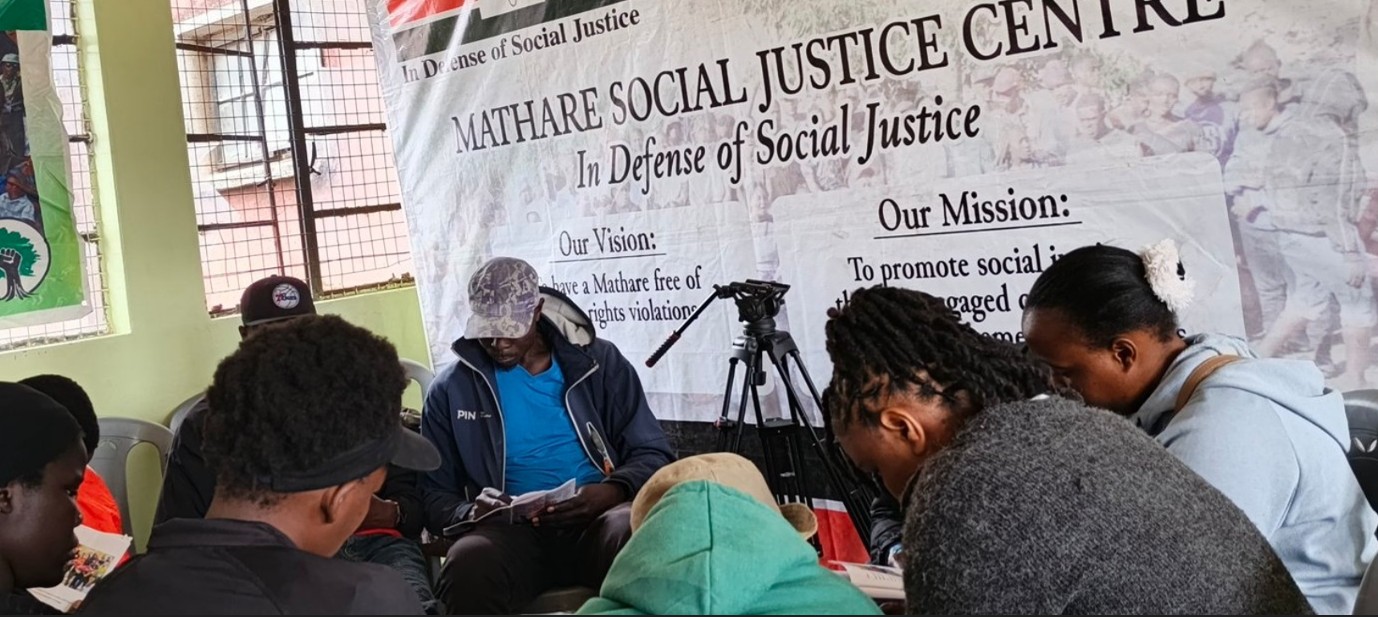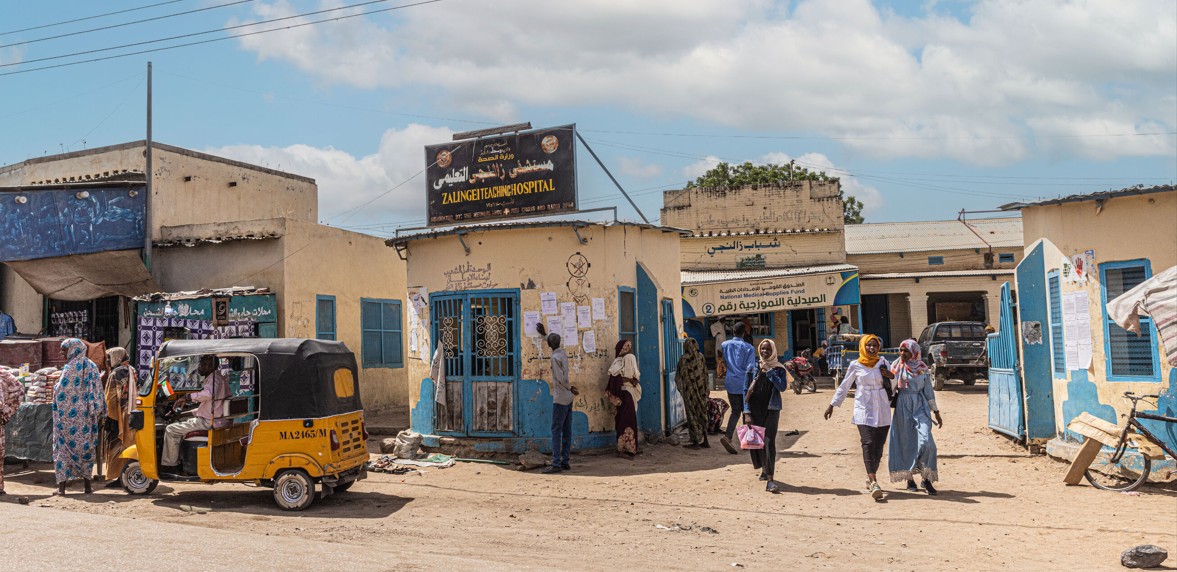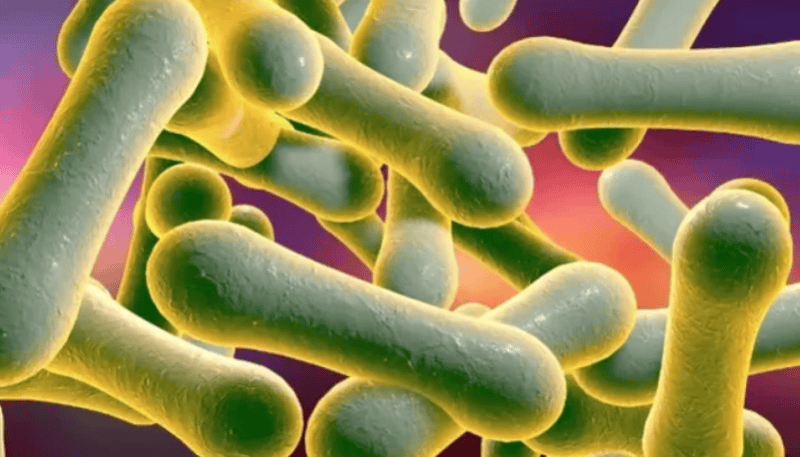Kenya records landmark milestones in fight against HIV, malaria, TB and sleeping sickness
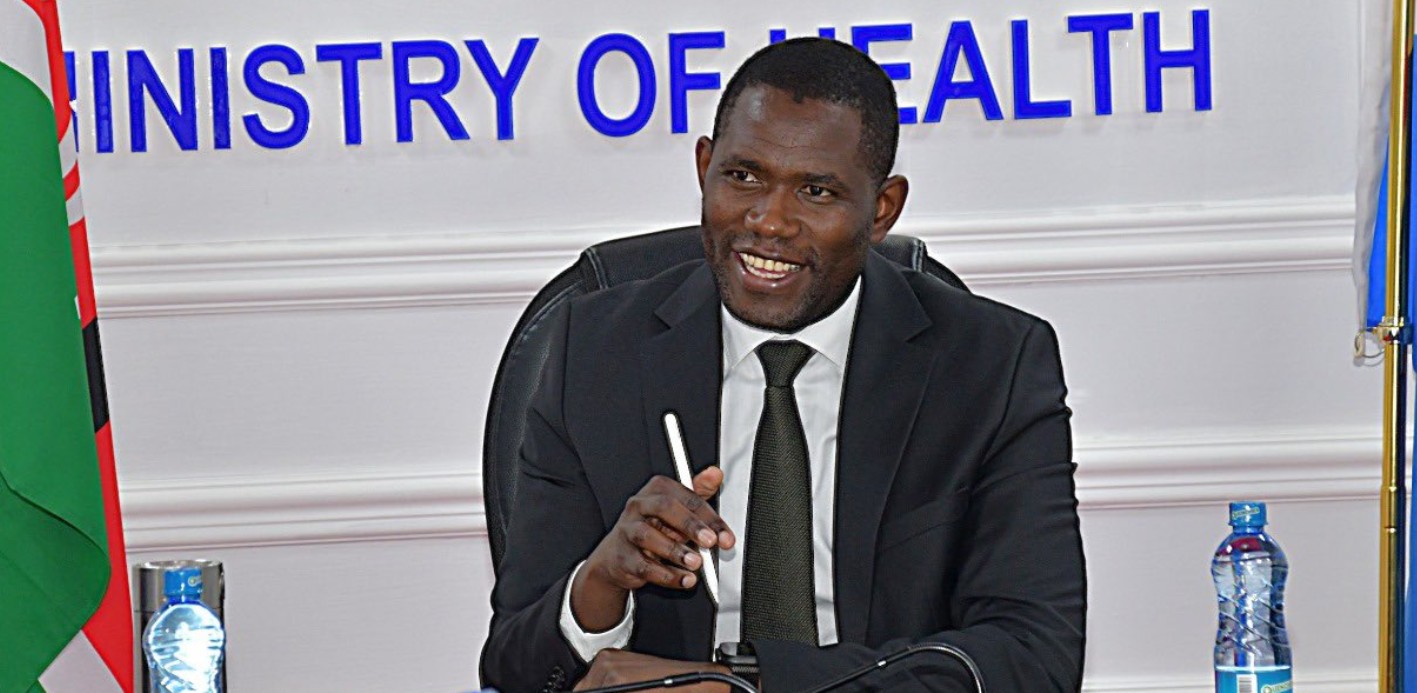
More than 1.36 million people living with HIV in Kenya are now on lifesaving treatment, covering 98 per cent of those diagnosed, while mother-to-child transmission has nearly halved from 14 per cent to 7.2 per cent over the past five years.
Kenya has made major strides in fighting infectious diseases, with new Ministry of Health data showing sharp improvements in HIV, malaria, and tuberculosis outcomes.
The update was shared during a Pre-TICAD9 roundtable with Japanese parliamentarians, attended by Public Health Principal Secretary Mary Muthoni and Director-General for Health Patrick Amoth.
More To Read
- Kenya to receive Sh10 billion for maternal and newborn care
- Breeding grounds for danger: How improper waste management drives disease transmission
- Duvet covers: Comfort must-have or bedding luxury?
- Kenya officially eliminates sleeping sickness as public health threat, WHO confirms
- No gratuity for contract UHC workers transitioning to permanent terms, PS Oluga declares
- Parental consent blocking teen girls from health services – report
According to the ministry, more than 1.36 million people living with HIV are now receiving lifesaving treatment—representing 98 per cent of those diagnosed. Mother-to-child transmission has also dropped by nearly half, from 14 per cent to 7.2 per cent in the last five years.
Progress has also been made against malaria.
Since 2018, prevalence has declined by 30 per cent, while malaria-related deaths fell by 40 per cent between 2022 and 2023. The government attributes this to the distribution of over 45 million insecticide-treated nets and other preventive measures.
National focus
Tuberculosis remains a national focus, with incidence falling by more than a third since 2015. Treatment success rates now stand at 89 per cent, reflecting progress in reducing the burden of the disease.
The Ministry of Health credited these achievements to strong domestic leadership and international support—particularly through TICAD, the Japan International Cooperation Agency (JICA), the Global Fund, and other bilateral partnerships. PS Muthoni emphasised the need to sustain this momentum.
“Our progress against HIV, TB, and malaria demonstrates what is possible when global solidarity meets national leadership,” Muthoni said. “We must renew our commitment through co-investment, technology transfer, and sustained partnerships. Concerted efforts are needed to ensure a future free from infectious diseases and to achieve Universal Health Coverage.”
These gains build on broader health milestones, including the recent elimination of human African trypanosomiasis (sleeping sickness), as confirmed by the World Health Organisation.
The parasitic disease, spread by tsetse flies, mainly affects rural communities engaged in farming, livestock keeping, hunting, or fishing. Kenya’s campaign against it began in the early 1900s, when the first cases were reported.
Although elimination as a public health problem does not mean total eradication, it shows that cases are now rare, closely monitored, and treated quickly to prevent spread.
WHO Director-General Tedros Adhanom Ghebreyesus hailed the achievement.
“I congratulate the government and people of Kenya on this landmark achievement. Kenya joins the growing ranks of countries freeing their populations of human African trypanosomiasis. This is another step towards making Africa free of neglected tropical diseases.”
Top Stories Today
